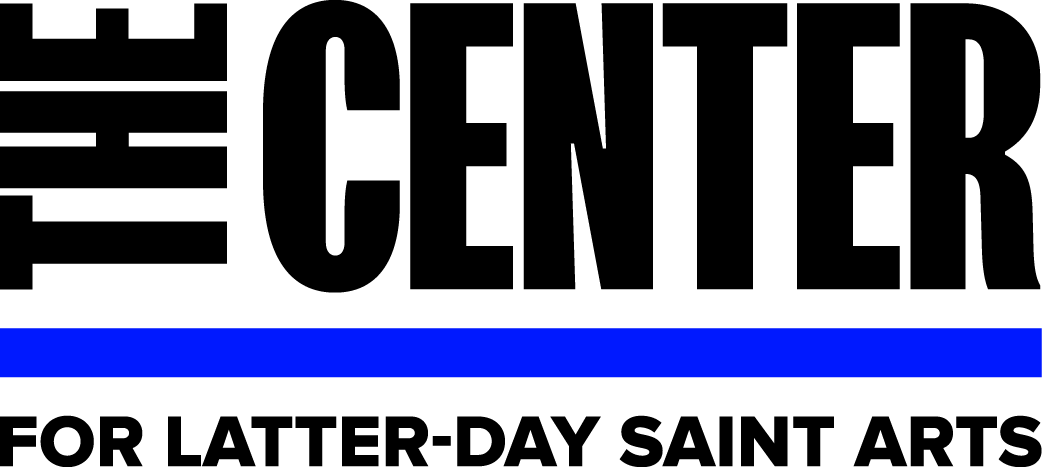The Carl Arrington Archive
It was not like a church confessional, exactly, but for almost forty years, the musicians and artists who would become the biggest stars in the world—Mick Jagger, David Bowie, Paul McCartney, Stevie Wonder, James Brown, Madonna, Elton John, Bob Seger, Iggy Pop, Linda Ronstadt, Tina Turner, Stevie Nicks, Ozzy Osbourne, Marvin Gaye, Stephen King, Gilda Radner, Stevie Wonder, Willie Nelson, Dolly Parton, and a multitude of others—sat down with Carl Arrington, who was born and raised in Logan, Utah, and spilled their hopes, dreams, and secrets. Arrington was a freelance writer for Time magazine, Rolling Stone, Circus magazine, CBS Radio, the New York Post, Detroit Press Press, and People magazine. After all this time, now retired, he is at last doling out highlights of this vast trove of interviews as The Carl Arrington Archive.
Interviewing an interviewer on the topic of the interview is perilous, but Carl shared some insights recently with The Season, looking back on his career. “Listening to interviews done decades ago is surprising because I often talked to them at the beginning of their careers. Now they are icons. Also amazing is how much time I got with them to talk. Often many hours in their homes. Or on tour with them in their travel bus. Also it is clear now it was a golden era in the music business when it wasn’t as atomized as it is now in the digital age.”
Arrington was able to get his subjects to open up to a remarkable degree. A landmark example is Tina Turner’s 1981 confession of her husband’s violence, rape, and abuse, which she revealed to Arrington for the first time. “I think my main ‘trick’ getting revealing interviews with the famous was to make it as much like a regular conversation as I could. I read up on the people but never went in with a set of questions. Eventually since performers are by nature extroverted they would end up telling me their life stories. Also, I always taped the interviews so I would never lose eye contact with them trying to write notes. Then I would transcribe the tapes myself and write the story from that. If there were any controversial subjects to be covered, I always asked them at the very end.”
Listening to these 10- to 25-minute excerpts now is engrossing because the artists reveal their raw hopes and ambitions. They speak about the mechanics of their professional world and the collaborators behind them. Arrington revealed himself, as well. He was well informed and knew the business. Mostly, he was curious about his subjects, their music, and their lives. He told me once that he would sometimes talk about religion—his own and theirs—to begin an interview to find common ground and to put them at ease. He said, “I think I also got good interviews because I got to choose personalities who fascinated me or whose music I loved. I was a true fan in many cases. And since I am a bit shy with zero musical talent, I was never envious.” - Glen Nelson (The first ten episodes of The Carl Arrington Archive are available now on the podcast network of jasoncharles.net)

